In the automotive world, changes are a constant, often driven by technological progress, environmental standards, and regulatory influences. But what impact will the upcoming Euro 7 regulations have on one of the most iconic sports cars, the Porsche 911 GT3? According to the head of the GT division, Andreas Preuninger, we may only have two years left with the naturally aspirated six-cylinder engine in the GT3 before the automaker is forced to comply with strict emission limits.
The Possible End of the Naturally Aspirated Engine
The four-liter flat-six is the heart of the GT3 and the source of its unique character. At a time when most manufacturers are focusing on electrification or at least adding turbochargers, the GT3 remains a rare exception, retaining a purely naturally aspirated engine with no assistance. It’s a symbol of tradition and mechanical purity, delivering a unique driving experience. With a maximum rev range of 9,000 rpm, the engine has become iconic among enthusiasts who value the uncompromised character of the car.
However, the forthcoming Euro 7 emissions standards could effectively “erase” this icon from Porsche’s lineup. According to Preuninger, Porsche would not be able to meet these new requirements without turning to electrification or adding a turbocharger. While Porsche has introduced its first hybrid engine in the 911 GTS, the GT division head is convinced that this system isn’t suitable for the GT3. He believes hybridization would add extra weight and necessitate the use of a PDK gearbox, altering the car’s character. The GT3 is iconic, especially for its mechanical connection between driver and car—something that hybrid systems or turbochargers often disrupt.
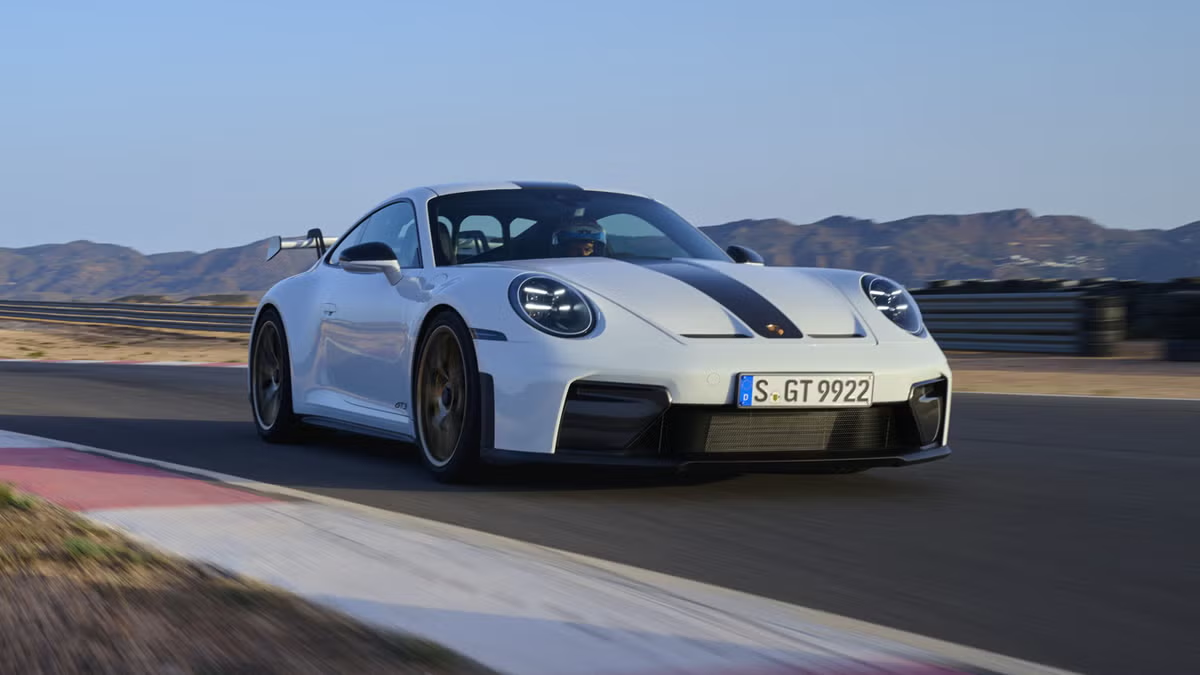
How Emission Regulations Affect the Automotive Industry
The development of the automotive industry in recent years has been heavily influenced by the push to reduce emissions and implement new environmental measures, which often have a drastic impact on sports cars. Regulations that make sense for mass-market models focused on reducing fuel consumption and CO2 emissions can have the opposite effect on sports models. For cars like the GT3, people focus on performance, dynamics, and the mechanical experience—emissions and fuel economy are not priorities for most fans. Implementing start-stop systems and other functions in sports cars like the Porsche 911 or Ferrari is often seen as controversial.
The Last Generation of the 911 GT3?
The current GT3 model, known as the 992.2, received a mild facelift in 2024, which included a slight reduction in torque from 470 Nm to 450 Nm. Porsche compensated by shortening the final drive ratio, maintaining acceleration. Despite the modifications, it’s clear that the current version of the GT3 is pushing the limits of what can still be offered under current standards. The price of the facelifted GT3 model has also increased by up to a million CZK in some markets, a result of the rising costs of complying with stricter emissions standards.
Porsche decided to release the GT3 relatively early after the base 911 model facelift, a move that many see as a preparation for the Euro 7 regulations coming into effect, making the production of a purely naturally aspirated engine impossible. All signs suggest Porsche wants to make the most of the current generation and give enthusiasts the chance to experience a naturally aspirated engine without compromises.
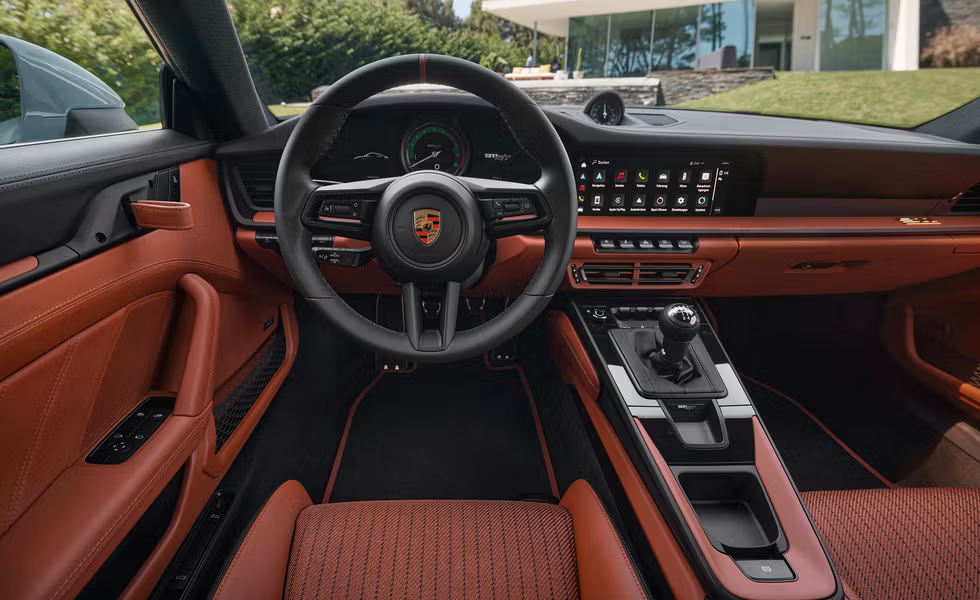
The Future of the GT3: Hybridization or Turbocharging?
A question troubling fans is what direction the GT3 will take in the coming years. There are essentially two options: either Porsche opts for hybridization or installs a turbocharger, which could at least partially preserve the car’s dynamics. Preuninger and his team face a tough decision—preserve the mechanical authenticity that defines the GT3 or adapt the car to new standards at the expense of its “soul.”
Hybridization makes sense for Porsche as a way to meet new standards while still maintaining high performance. This approach is evident in the GTS model, which is the first hybrid variant of the 911. The advantage of hybridization is the possibility of retaining the naturally aspirated engine, with the electric motor providing additional power and meeting emission limits. On the other hand, this would mean an increase in weight, which would change the car’s driving dynamics—something that plays a crucial role in sports cars like the GT3.
Source: AutoCar
Foto: Porsche




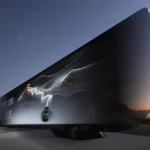


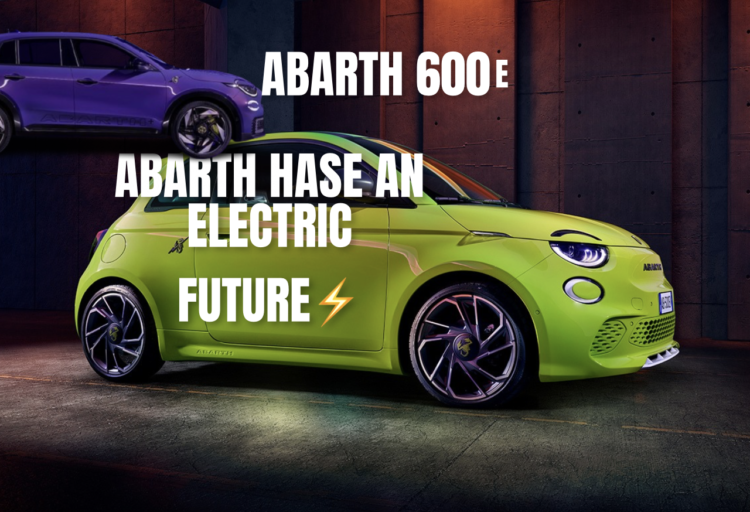

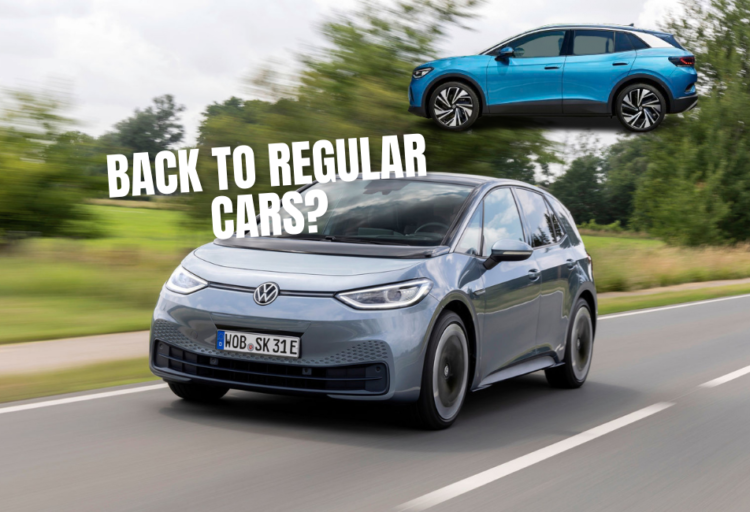
Leave a Reply